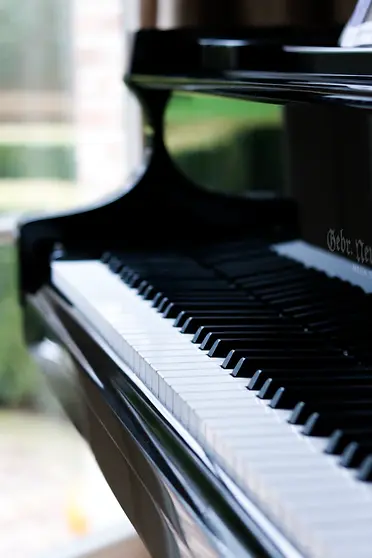614-928-4584
Piano Tuning
When it comes to tuning, I believe the ear is the best tool used to determine if the piano is in proper tune. Electronic tuning devices may help to speed up the process and bring the piano back to pitch, but the ear should have the final say. The tuning process requires patience and accuracy. Through much training, skilled piano technicians bring a poor sounding piano into a beautiful sounding musical instrument.
Often times, pianos are left untuned for long unrecommended periods. This puts a strain on the instrument because in most cases, the strings do not go out uniformly. The recommended time between tunings is 6-12 months. Temperature and humidity play an important role in maintaining the tune of a piano. When there are fluctuations, this also puts the instrument through stress and in certain cases may damage it as well.
There are varying reasons for a pitch raise. In this business, quotes are not a viable option in most cases, because the technician will make the decision to do a pitch raise or just a piano tuning when they assess the piano. Pitch raises are required when the piano is too far from the desired pitch or if the piano is far out in pitch in certain sections of itself. During a pitch raise, the piano is tuned twice; once to bring it up and the second time to do the actual piano tuning.
The $220 cost is for a full pitch raise. In some cases, the cost will be less due to certain strings being closer to pitch, resulting in a partial pitch raise/correction.
Pitch raise
Cost for a Piano Tuning: $150


